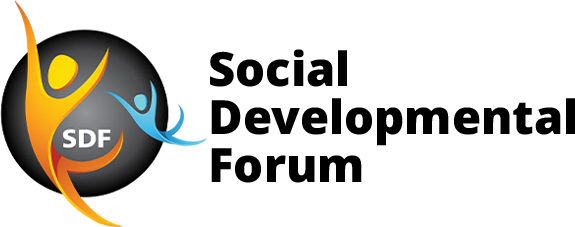Transforming challenges into meaningful lessons, the story of Nour Al Atrash

Nour Al Atrash, the 23-year-old leader lives in Deir Al Balah, the middle area of the Gaza Strip. She has never given up a fight but remained resistant and proactive in expanding her engagement in community development, especially after the war and its catastrophic consequences on the Gaza Strip.
From normal life to displacement
Nours has been forcibly displaced with her family from the east to the middle areas of the Gaza Strip. Despite the ongoing war and displacement since October 2023, Nour didn’t give up. She was expected to finish her BA in medical laboratory from Al-Aqsa University.
However, her inability to access the internet because of the cut of electricity prevented her from submitting her assignments. She had to shuttle between study spaces and relatives’ houses to work on her assignments on her phone during the time slots she secured. The lack of resources and facilities prevented Nour from having a quality study experience, but couldn’t prevent her from finishing her degree.

Looking for a safe space
Nour has longed for a safe space where she can learn, thrive, and advocate for human rights and social equality. She wanted to be proactive in making a change. This space was typically provided by SDF, through its collaboration with the Medical Aid For Palestinians on the project of Access for all; Enhancing the independence and inclusion of PWDs in the Gaza Strip,” which included a capacity building training that equipped participants with best practices to contribute to a more inclusive and accessible community.
Read: Amid the darkness of the gnocide, Access for all is a beacon of hope
Since the very first day, Nour wasn’t a passive participant. She realized that this experience was what she longed for. A platform that aims to promote humanitarian work standards, equity, mutual respect, and independence, which are mostly neglected when advocating for PWDs’ rights.
I enjoyed the training program. It equipped me with knowledge and best practices to foster the inclusion of PWDs, but also fostered my understanding of what an inclusive society should look like. The participants came from diverse backgrounds, which enriched the experience. The differences we brought with us taught us a lot. We engaged in constructive conversations and exchanged key insights on fostering the disability advocacy efforts.
Nour Al Atrash
New concepts
The interactive group activities broke the ice between participants but also fostered a learning atmosphere among committed participants, led by specialised trainers and professors who conveyed their knowledge and experience.

During the second day of the training program, Nour and her fellow participants learned about inclusive crisis management, how to ensure that PWDs are integrated into the process. Participants discussed case studies and identified the challenges and recommendations. For Nour, this session reiterated her commitment to inclusion and her belief that her contribution makes a difference.
During the following sessions, Nour dug deeper into inclusion indicators during emergencies, including shelter, protection, medical care, and food security. She has also been introduced to data collection and analysis tools and how to conduct a focus group. She has also learned how to use Google Forms and Microsoft Excel to create and analyse a survey. Using Richard’s equation, Nour has also learned how to choose and analyse a sample size.
Moving ahead, Nour and her fellow participants learned about advocacy and policy influence. They were equipped with knowledge and practices of identifying a problem, building an advocacy proposal, and formulating advocacy messages in the disability context. This component was especially interesting to Nour, who wants to advance her leadership in advocating for the rights of PWDs.

In addition to advocacy and social accountability, the training program addressed stakeholders’ and duty bearers’ analysis skills and human-centred design that responds to PWDs’ needs during emergencies. All of these are integral aspects of what the Access for All network, led by Nour and her fellows, will be doing.
Nour believes that “Access for All” is not a mere motto, but a platform to make change. Disability issues are integral community issues that everyone should contribute to. This training has not equipped her with knowledge only, but with faith as well, that these advocacy efforts are a human rights issue. Nour has become more equipped to advocate for an inclusive and accessible community for everyone.

